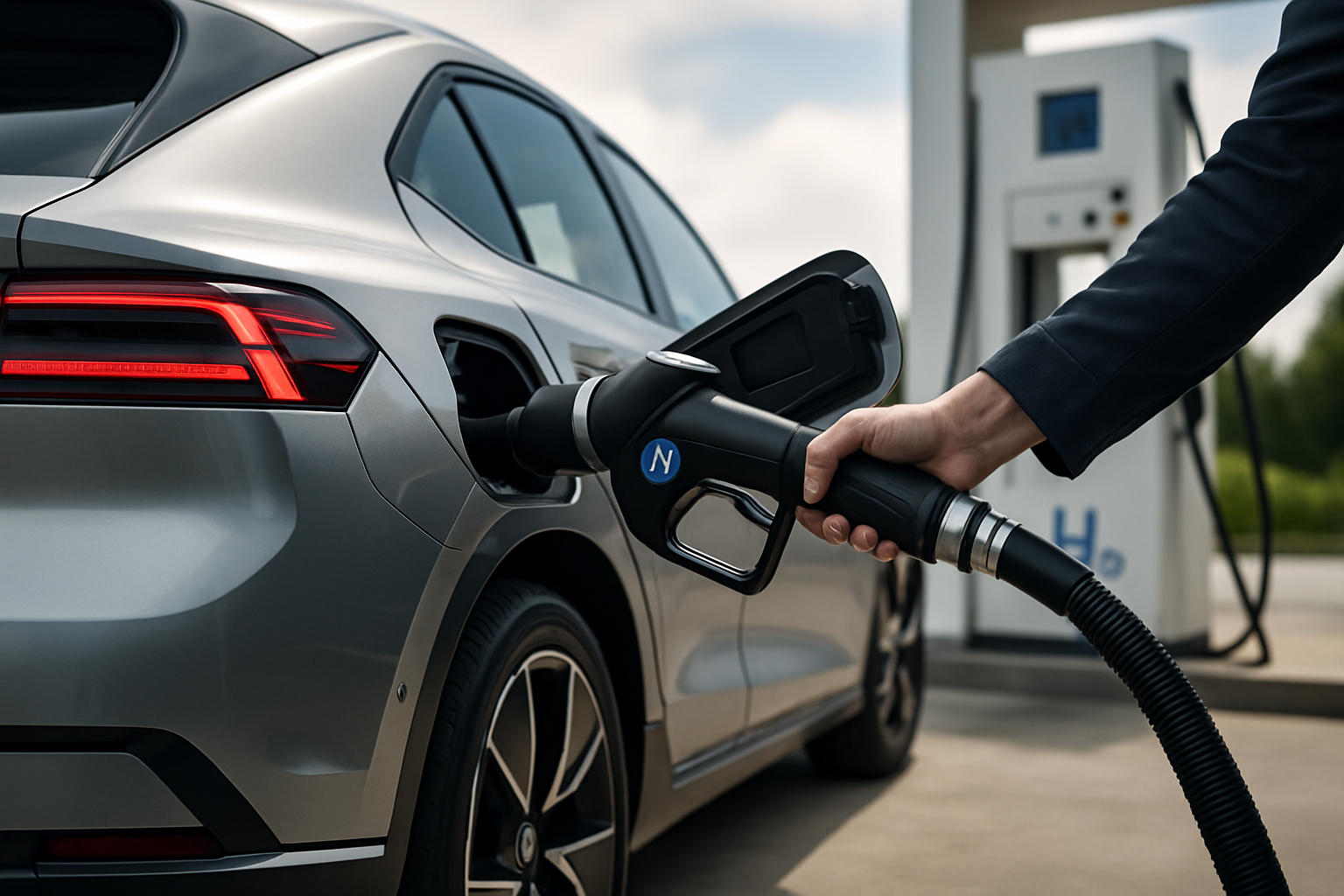“Electric Cars Now Cheaper Than Petrol? See the Math”
The automotive landscape is experiencing a seismic shift as electric vehicles become increasingly cost-competitive with traditional petrol cars. While the initial purchase price of electric cars has historically been higher, dramatic improvements in battery technology, government incentives, and lower running costs are creating compelling financial arguments for making the switch. When you factor in fuel savings, reduced maintenance requirements, and available tax credits, many electric vehicles now present a more economical choice over their lifetime compared to conventional gasoline-powered alternatives.

How Much Do Electric Cars Really Cost to Run?
Running an electric car typically costs significantly less than operating a petrol vehicle. The average cost of electricity per mile ranges from 3-5 cents, while gasoline vehicles average 12-15 cents per mile in fuel costs. This translates to annual savings of $1,000-2,000 for typical drivers covering 12,000-15,000 miles yearly. Electric vehicles also benefit from fewer moving parts, requiring less frequent maintenance and avoiding oil changes, transmission repairs, and exhaust system replacements that plague traditional vehicles.
Which Are the Best Electric Cars 2025 Models to Consider?
The 2025 electric vehicle market offers exceptional value across multiple price points. Tesla continues dominating with the Model 3 and Model Y, while Ford’s Mustang Mach-E and F-150 Lightning appeal to American preferences. Chevrolet’s Bolt EUV provides affordable entry-level options, and luxury buyers gravitate toward BMW iX, Mercedes EQS, and Audi e-tron models. Hyundai and Kia have emerged as serious contenders with the Ioniq 5 and EV6, offering impressive range and competitive pricing that challenges established manufacturers.
What’s the Cheapest Electric Car UK Market Influence on US Pricing?
International markets, particularly the UK’s focus on affordable electric vehicles, influence global pricing strategies. The UK’s cheapest electric car options like the Dacia Spring and MG4 demonstrate how manufacturers can deliver sub-$25,000 electric vehicles without compromising essential features. This competitive pressure encourages US automakers to develop budget-friendly models, with upcoming releases from General Motors, Ford, and Volkswagen targeting the $20,000-30,000 price range to compete with international imports.
Are Second-Hand Electric Cars Worth Buying Now?
The second-hand electric car market presents excellent opportunities for budget-conscious buyers. Three-to-five-year-old electric vehicles often retain 60-70% of their original value while offering substantial savings over new purchases. Battery technology from 2019-2021 remains highly reliable, with most manufacturers providing 8-10 year warranties on battery systems. Popular models like the Nissan Leaf, Chevrolet Bolt, and Tesla Model 3 offer proven reliability in the used market, though buyers should verify battery health and charging capability before purchasing.
What Makes Top EV Brands 2025 Stand Out Financially?
Leading electric vehicle manufacturers distinguish themselves through total cost of ownership advantages rather than just purchase price. Tesla’s Supercharger network reduces charging costs and increases convenience, while Ford’s partnerships with charging networks provide competitive access. General Motors’ Ultium platform promises lower manufacturing costs, potentially reducing consumer prices. Chinese manufacturers like BYD are entering US markets with aggressive pricing strategies, and established luxury brands are offering lease deals that make premium electric vehicles accessible to mainstream buyers.
Real-World Electric Vehicle Cost Comparison Analysis
Understanding actual ownership costs requires examining comprehensive data across popular electric and gasoline vehicles. The following comparison reflects current market conditions and typical ownership expenses over five years:
| Vehicle Model | Type | Purchase Price | Annual Fuel/Energy Cost | 5-Year Total Cost |
|---|---|---|---|---|
| Tesla Model 3 | Electric | $38,990 | $650 | $42,240 |
| Chevrolet Bolt EV | Electric | $27,495 | $580 | $30,395 |
| Toyota Camry | Gasoline | $25,845 | $1,680 | $34,245 |
| Honda Accord | Gasoline | $27,295 | $1,620 | $35,395 |
| Ford Mustang Mach-E | Electric | $42,995 | $720 | $46,595 |
Prices, rates, or cost estimates mentioned in this article are based on the latest available information but may change over time. Independent research is advised before making financial decisions.
Conclusion
The financial case for electric vehicles has reached a tipping point where many models offer genuine cost advantages over gasoline alternatives. While upfront costs may remain higher for some electric vehicles, the combination of lower operating expenses, reduced maintenance requirements, and available incentives creates compelling economic arguments. As battery technology continues improving and charging infrastructure expands, the total cost of ownership gap will likely widen further in favor of electric vehicles, making them the financially prudent choice for increasing numbers of American drivers.




